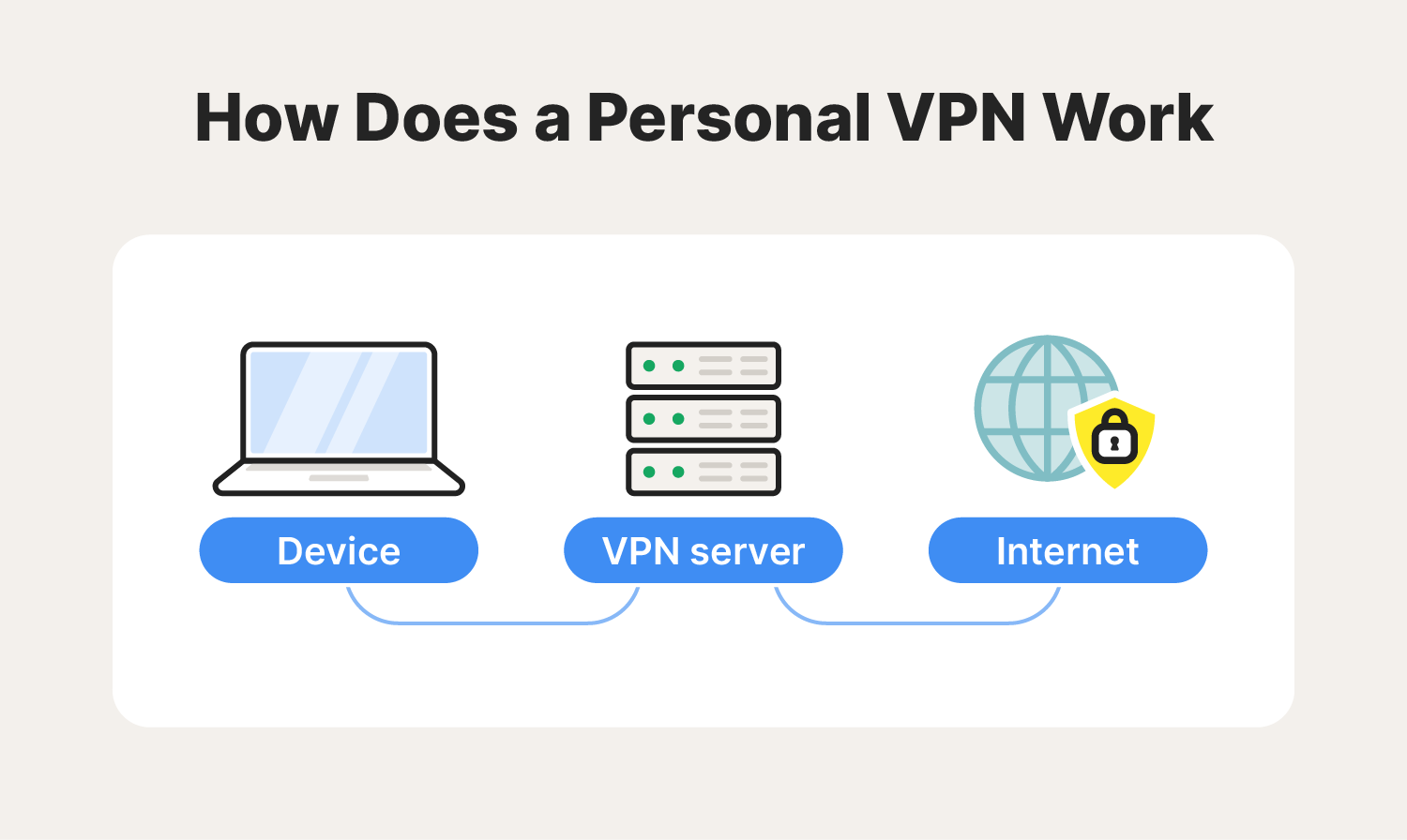VPN stands for Virtual Private Network. It sounds technical, right? But don’t worry. This article will explain it in simple words. We will explore what a VPN does, why it is useful, and how it works. Let’s dive in!
Understanding VPN
A VPN is a tool that helps you stay safe online. It creates a secure connection between your device and the internet. This connection is private. So, no one can see what you are doing online. Let’s break it down further.
What is a Virtual Private Network?
The first part of VPN is “Virtual.” This means it is not real like a physical network. Instead, it exists in the digital world. The second part, “Private,” means it keeps your information safe. No one can access it without permission.
Why Use a VPN?
People use VPNs for many reasons. Here are some common reasons:
- Security: A VPN protects your data. It keeps hackers away.
- Privacy: It hides your online activity. Your browsing history stays secret.
- Access: It helps you reach blocked content. You can watch shows or visit websites.
- Better Experience: You can enjoy faster internet in some cases.
How Does a VPN Work?
A VPN works by creating a secure tunnel. This tunnel connects your device to a VPN server. Here is how it happens:
- Connect: You connect to the VPN app on your device.
- Choose a Server: You select a server location.
- Secure Connection: The app creates an encrypted connection.
- Browse Safely: Now you can browse the internet safely.

Benefits of Using a VPN
Using a VPN has many benefits. Here are some key advantages:
- Protection on Public Wi-Fi: Public Wi-Fi can be risky. A VPN keeps you safe.
- Bypass Geo-Restrictions: Some content is only available in certain countries. A VPN helps you access it.
- Prevent Bandwidth Throttling: Internet providers may slow down your speed. A VPN can help maintain your speed.
- Enhanced Online Gaming: Gamers can enjoy a better experience with a VPN.
Choosing the Right VPN
Not all VPNs are the same. Here are some tips to choose the right one:
- Security Features: Look for strong encryption and no-logs policy.
- Speed: Check if the VPN offers good speed.
- Server Locations: More servers mean better access to content.
- Customer Support: Good support can help if you face issues.
Common VPN Myths
There are many myths about VPNs. Let’s clear some of them:
- Myth 1: VPNs are only for tech experts.
Truth: Anyone can use a VPN. - Myth 2: VPNs are illegal.
Truth: VPNs are legal in most countries. - Myth 3: VPNs slow down the internet.
Truth: Some VPNs can actually increase speed.

VPN Protocols Explained
VPNs use different protocols. A protocol is a set of rules for data transfer. Here are some common ones:
- OpenVPN: Very secure and widely used.
- L2TP/IPsec: Good security, but slower.
- PPTP: Fast but less secure.
- IKEv2: Good for mobile devices.
Free vs. Paid VPNs
There are free and paid VPNs. Each has pros and cons. Here’s a quick comparison:
| Feature | Free VPNs | Paid VPNs |
|---|---|---|
| Cost | Free | Monthly or yearly fee |
| Speed | Often slower | Usually faster |
| Security | Less secure | More secure |
| Data Limit | Limited | Unlimited |
Frequently Asked Questions
What Does Vpn Mean?
VPN stands for Virtual Private Network. It creates a secure connection over the internet.
Why Use A Vpn?
A VPN protects your online privacy. It hides your IP address and encrypts your data.
How Does A Vpn Work?
A VPN routes your internet connection through a server. This keeps your data safe and private.
Is A Vpn Safe To Use?
Yes, a VPN is generally safe. It adds a layer of security to your internet activities.
Conclusion
In summary, VPN stands for Virtual Private Network. It helps you stay safe and private online. Using a VPN has many benefits, such as security and access to content. Choose the right VPN for your needs. Remember, it’s important to stay safe while browsing the internet.
Now you know what VPN stands for and how it works. You can make better choices for your online safety.
